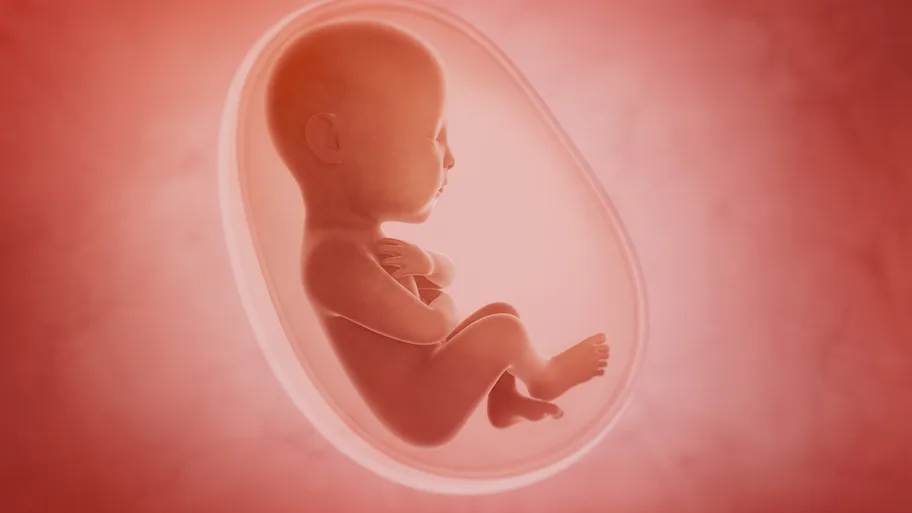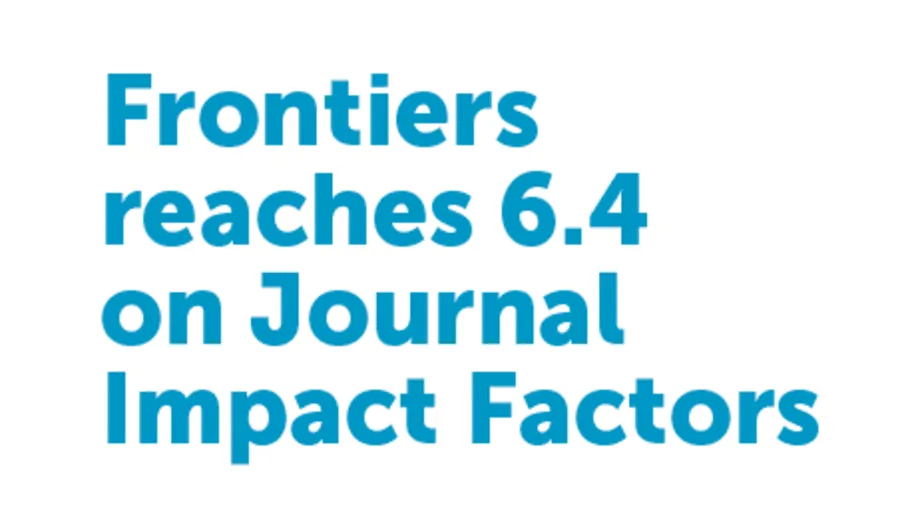
- Science News
- Frontiers news
- Outlining the importance of reproductive science today
Outlining the importance of reproductive science today

We are pleased to announce the launch of Reproduction, a new Specialty section within Frontiers in Endocrinology and Frontiers in Physiology, under the leadership of Dr Claus Yding Andersen of the University Hospital of Copenhagen and Dr Richard Ivell of the University of Nottingham. By being listed in the two journals, this new section aims to cover themes within this topic with an interdisciplinary approach.
On the launch of their new section, Dr Andersen and Dr Ivell outline the importance of reproductive science today and discuss the main questions scientists need to answer in the field of reproduction within the next ten years:
The last decades have seen breath-taking advances in the field of reproductive science. We only have to think about the Nobel prize-winning work of Bob Edwards and the advances in assisted reproductive techniques to help childless couples, or the benefits of intracytoplasmic sperm injection (ICSI). There has also been major progress in our development of hormonal programming of the reproductive cycle in women but also in domestic species, which has been very beneficial for artificial insemination or embryo transfer. Transgenics and reproductive biotechnology are no longer exceptional techniques, but have become routine in many areas.
The danger is that this historical success will lead to complacency and the notion that reproductive problems have been effectively resolved. This is far from the truth. There are many couples for whom conventional assisted reproduction is not effective. Endangered species require new research into IVF as possibly the only way to save them from extinction. The major interventional focus regarding reproductive hormones is still on steroids, whereas a number of non-steroidal hormones can modulate gonadal function and potentially influence the overall health of an individual. In 10 years, new concepts for HRT should emerge to benefit both men and women, particularly in our aging population.
Meanwhile our environment is threatened like never before with influences and agents that impact on reproduction and particularly on the normal development of the fetus. Moreover, appropriately monitoring the growing fetus in the critical windows of development is still a long way off.
In regard to contraception, we are still working largely with technologies developed more than 50 years ago and still with little hope for male-specific agents. The most effective male contraception still remains the condom.
Common diseases such as fibroids, polycystic ovarian syndrome (PCOS) and cancers of reproductive tissues are still waiting to find cures and prevention. And the role of the reproductive system in influencing the way we age is still very poorly explored.
Innovation and research in the field of reproduction is absolutely essential. Especially we need to see new ideas, concepts and molecules move from basic research into practical applications.
Providing their thoughts on the Frontiers series of journals and its Peer review process as well as the Reproduction section, the Specialty Chief Editors also said the following:
Here the new Frontiers section on ‘Reproduction’ will be playing a big role in acting as a peer-reviewed forum for novel advances in what has now become a very large field of research. The Frontiers concept is particularly well adapted to see that such ideas are disseminated quickly and can be openly discussed and dissected.
Although the old system on through peer-review process before papers are published has indeed shown its merits. However, the open-journals and especially also the open peer-review process is now advancing and is likely to be the new standard in the coming years. Frontiers in Reproduction now features the names of both the associate editor and the reviewers of the paper in order to keep everything transparent and open. The open dialogue between authors and reviewers will most likely help improving the papers and provide insight of mutual benefit.
In order to encompass that reproduction is now becoming a large field with issues related to both physiology and endocrinology, Frontiers in Reproduction is now listed under both Frontiers in Physiology and Frontiers of Endocrinology. Depending on where the authors decide to submit the paper it will be formally ascribed either one of the two papers.
Find out more about this new Specialty section by reading the scope and Specialty Grand challenge articles. You are welcome to participate in this new specialty section through submitting a manuscript, suggesting a Research Topic or following the journals on twitter @FrontEndocrinol, @FrontPhysiol







